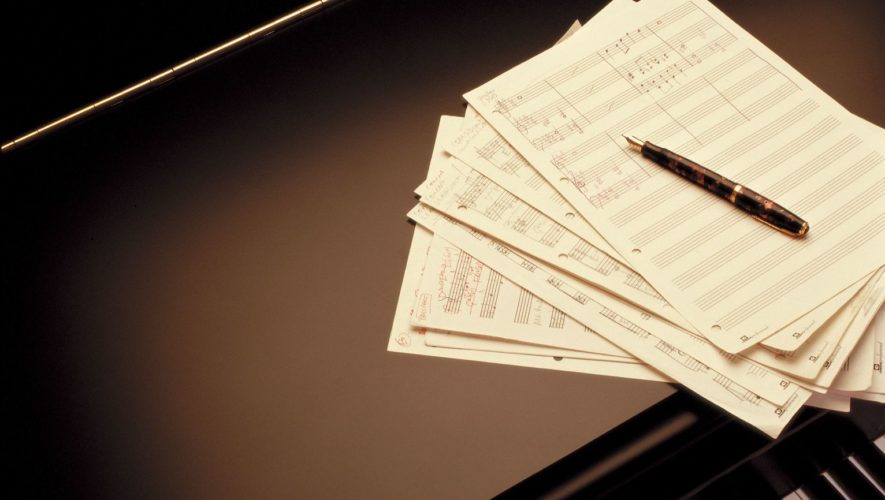Music has existed as a common human expression among all cultures of the earth over the millennia. Modern technology helps to reveal the powerful role music plays within the interactions of global society. Music will contribute to forming the global identity in the twenty-first century and beyond. Music educators and students, together, serve to help shape the attributes of that identity by developing their musicianship, creativity, intellect, and their knowledge of self and society.
These ideas are inspired by scholars in the field of music education whose work I have contemplated, and springs from my past 25 years of teaching experience, during which time, I have witnessed the transition to a technological and global age. It is a transition that has important implications for music education and education in general.
In considering the aims of a twenty-first century music education, music professor, Sandra Stauffer, suggested that a place-based music education curriculum would seek to “reconnect schools and communities and lived experience” and promote “social responsibility and action”1 through exploring the relationships that start at the local level and move out to the global level. The Rare Earth Music Studio adopts such a “place-based” philosophy and incorporates it into the studio curriculum.
Music Professor, David Elliot, offers that “virtually all teaching-learning situations involve the related ‘curriculum commonplaces’: aims, knowledge, learners, teaching-learning processes, learning contexts and evaluations” and musicianship develops as a result of “[resolving] the problems presented by each and by the interactions among them.”2 The Rare Earth Music Studio curriculum is an action-oriented curriculum wherein students learn by doing, and by experiencing their own capacities for creativity.
Professor, Patrick Jones, suggested “[students should be empowered] to express and act upon their own musical intentions because doing so will improve their ability to make music outside of school.”3 The Rare Earth Music Studio curriculum is a student-centered curriculum. It addresses the differences in students’ learning styles, the unique relationships learners have to the various levels of community around them, and the unique modes of expression that arise as a result of learning how to navigate the world in which they live.
References
- Sandra L. Stauffer, “Placing Curriculum in Music,” In T. A. Regelski & J. T. Gates (Eds.), Music Education for Changing Times: Guiding Visions for Practice, Dordrecht, The Netherlands: Springer (2009): 178.
- David J. Elliott, “Curriculum as Professional Action,” In Music Education for Changing Times, Thomas A. Regelski and J.Terry Gates eds. (New York: Springer Science and Business Media, 2009), 169.
- Patrick M. Jones, “Curriculum Design Part 4: Curricular Models, Pedagogical Approaches, and Content – Part 4 of a four-part series on Curriculum and Assessment for Music Education,” PMEA News 71, no. 4 (2007): 50-57.

